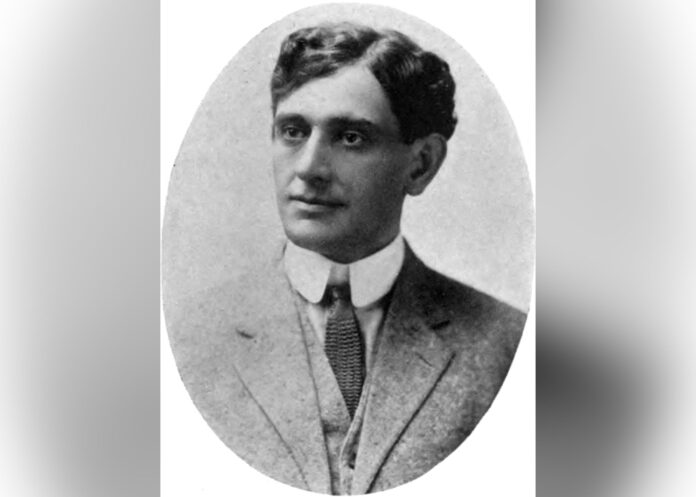
In early 1901, Philip Hornbein applied for the bar exam in Denver but was ruled out. The Rocky Mountain News reported that he hadn’t studied law for a sufficient time.
But that didn’t stop Hornbein for long. He took the exam months later, and in August 1901, it was reported that he had successfully passed.
This led to a decades-long career practicing law in Colorado, where his work inside and outside the courtroom led to a eulogy on the floor of the U.S. Senate from former Sen. John Carroll following Hornbein’s death in 1962.
Following his successful bar exam, it didn’t take long for Hornbein to appear in the Denver newspapers again. In 1904, He was one of the attorneys representing the Democratic Party in one of the most corrupt elections in Colorado history.
In 1905, Hornbein made waves for reasons outside of his practice of law. He helped organize and spoke at a meeting to raise awareness about the pogroms targeting Jews in Russia at the time.
Hornbein was active in the courtroom during the decade of the 1900s, and some of the clients included doctors accused of performing an illegal surgery and a man who claimed his wife blackmailed him.
Tragedy hit Hornbein in 1912, when his son Louis fell ill with scarlet fever and died at five-years-old.
But Hornbein continued his legal, humanitarian and political work, serving as the state’s Democratic Party chairman from 1918 to 1920.
In the 1920s, Hornbein was at the forefront of the opposition to the Ku Klux Klan’s influence in Colorado politics. He denounced the group on multiple occasions, was a key figure in the failed recall effort against former Denver Mayor Benjamin Stapleton and was a leader in the Constitutionalists, a bipartisan group formed between Republicans, Democrats and the Denver Post to oppose the Klan in Colorado.
According to a United Press article at the time, the group opposed any Klan candidate of either party in the primary and put out a fusion candidate to oppose any Klan-supported candidate who won a primary.
But that effort wasn’t Hornbein’s only association with the Denver Post in the 1920s. He represented the Denver Post in a libel case brought by former Gov. Clarence Morley. The jury deliberated for 22 hours in the case but ultimately returned with a verdict in favor of the Denver Post and Hornbein.
A decade later, another case Hornbein worked on drew media attention. He represented the unions striking during the construction of the Green Mountain Dam.
Nine years later, more than four and a half decades into his career as a lawyer, Hornbein would appear before the Colorado Supreme Court with his son, Philip Hornbein Jr., in the case of Colorado v. Wolf.
But Colorado v. Wolf wasn’t his last foray into the legal arena. In an article covering his passing in 1962, the Intermountain Jewish News reported that he was still in active legal practice with his son until he fell ill with the virus that led to his death.

